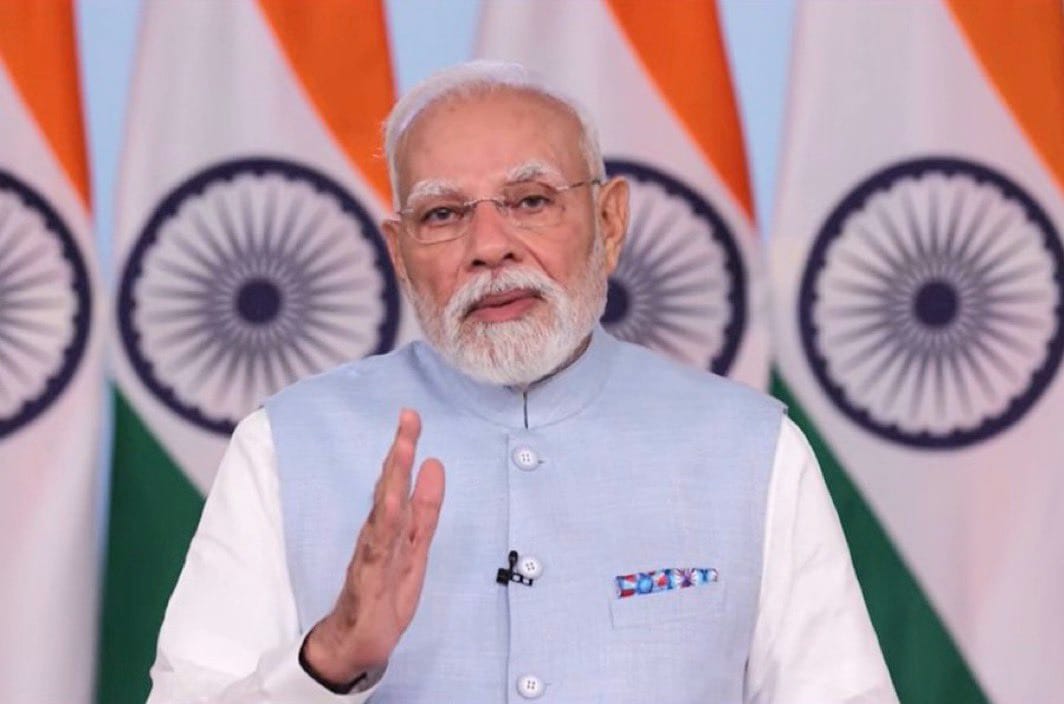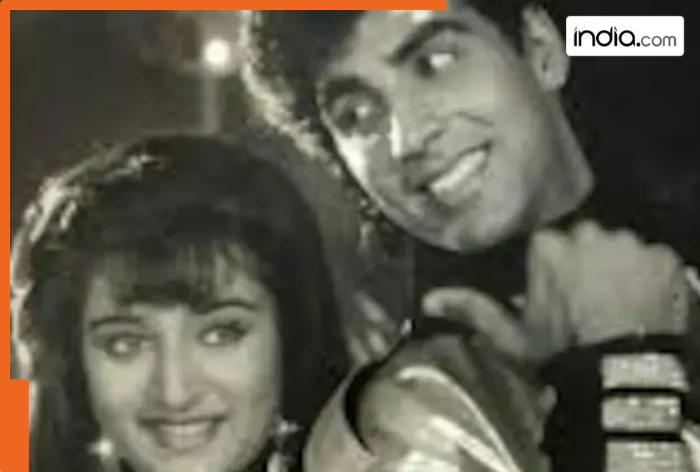PM Modi Ushers in ‘GST Bachat Utsav’ with Next-Gen Reforms, Boosting Self-Reliance on Navratri Eve
By Yajati Rout
Copyright pragativadi

The reforms, aimed at simplifying taxation and accelerating India’s economic growth, will slash tax slabs to primarily 5% and 18%, making everyday essentials more affordable and empowering citizens across all strata.
Extending warm greetings for the festival of Shakti, PM Modi linked the reforms to the Aatmanirbhar Bharat (Self-Reliant India) campaign, emphasising that the first day of Navratri coincides with this economic milestone. “From the very first day of Navratri, the nation is taking a significant step forward in the Aatmanirbhar Bharat campaign,” he said via video conferencing. The Prime Minister highlighted that the reforms will usher in a “new wave of GST benefits” for the people with low-income, middle class, neo-middle class, youth, farmers, women, shopkeepers, traders, and entrepreneurs, infusing festive seasons with “increased happiness and sweetness.”
Recalling the pre-GST era’s labyrinth of taxes—Octroi, Entry Tax, Sales Tax, Excise, VAT, and Service Tax—PM Modi painted a vivid picture of the hardships faced by businesses and citizens. He shared a 2014 anecdote from a foreign newspaper about a company shipping goods from Bengaluru to Hyderabad via Europe due to domestic logistical nightmares, underscoring how such complexities burdened the people with low-income through inflated costs. “Transporting goods from one city to another required crossing multiple checkpoints, filling numerous forms, and navigating a maze of differing tax rules,” he noted.
The 2017 GST implementation, born from extensive consultations with states, realised the dream of “One Nation-One Tax,” liberating the economy from this “maze of multiple taxes.” Now, as reform evolves, the new structure prioritises affordability: food items, medicines, soap, toothbrushes, toothpaste, and health/life insurance will be tax-free or at 5%. Nearly 99% of items previously at 12% GST have shifted to 5%. “With lower GST, it will be easier for citizens to fulfil their dreams—whether it’s building a house, purchasing a TV or refrigerator, or buying a scooter, bike, or car,” PM Modi stated.
Targeting the burgeoning neo-middle class—25 crore Indians lifted from poverty in the last 11 years—the reforms complement recent income tax relief up to ₹12 lakh, delivering a “double bonanza.” Combined, these measures will save citizens over ₹2.5 lakh crore annually, embodying the mantra of ‘Nagarik Devobhava’ (Citizen is God). Travel and hospitality will also benefit, with reduced GST on most hotel rooms.
PM Modi lauded shopkeepers for promptly passing on savings, with many displaying pre- and post-reform price boards. For MSMEs—the “backbone of India’s economy”—the reforms promise simplified procedures, lower tax burdens, and boosted sales, reigniting India’s manufacturing legacy. “Whatever the nation needs and what can be made in India should be made within India itself,” he urged, calling for global-quality standards in small-scale industries.
Invoking the Swadeshi spirit of the freedom struggle, the Prime Minister appealed for a nationwide shift to Made-in-India products. “Let’s buy products that are Made in India… Every household should become a symbol of Swadeshi, and every shop adorned with indigenous goods,” he exhorted. He urged citizens to declare, “I buy Swadeshi, I sell Swadeshi,” and implored state governments to foster investment-friendly environments. “India’s prosperity will draw strength from self-reliance,” he affirmed, envisioning a united Centre-states push toward a developed India.
Concluding on an auspicious note, PM Modi wished the nation joy in the GST Bachat Utsav and Navratri celebrations, reinforcing that these steps will make every state an “equal partner in the race for development.”



